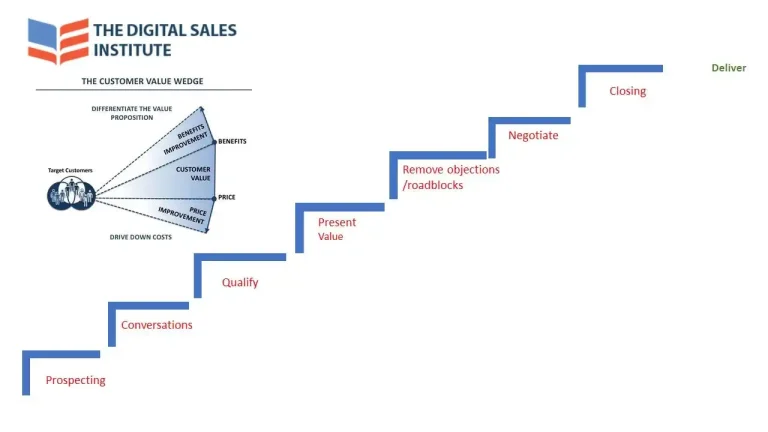Every sales leader needs a whole series of skills and tools to say competitive in a rapidly changing business environment. In fact every year, thousands of Americans are starting their own business, adding to the existing pool of millions of companies. In fact, 2020 has seen a record increase in new business applications, reaching 1.1 million as of September of the same year. Because of this, one of the ways a company can stand out from the competition is to use the sales force as a point of difference in the mind of customers. After all, the sales team are expected to deliver real buying experiences and be seen as experts not just on a product but on a whole industry.
As the sales leader, you should be able to manage your team and also initiate a good sales strategy to meet certain goals, among other things. Below is a quick list of some of the management skills you should possess to better lead your sales team:
Emotional intelligence
Emotional intelligence, or EQ, is the ability to understand and manage your emotions to use them in positive ways — be that through effective communication or empathy. This is important in sales because it allows you to connect and build trust with your customers, which can eventually lead to sales conversions.
However, EQ is especially important for sales leaders since you should also know when and how to support, encourage, and reign in the team to optimize their performance. You can also help develop EQ within the team by leading by example. For instance, you can schedule regular one-on-one meetings to ask your members how they’re doing. This way, while you discover their difficulties, they also see how good active listening is done, which they’ll emulate with their clients.
Management skill
A great sales leader should have sales and leadership skills so you can guide your team members to develop excellent sales skills as well. However, being a leader is more than just delegating tasks and making sure they get done. This misconception can cause leaders to lack important management skills, such as empathy, self-awareness, and complex problem-solving.
Fortunately, there are modern methods for sales leaders to upskill. There are a range of programs leaders can take, from short courses on Udemy to online degrees that can be done remotely. For those who have studied business already but want to specialize even further while working, institutions now offer online master’s in business administration that let you move forward in a concentration of your choosing. Specializing in management, for instance, gives you a foundation in marketing, personnel management, and leadership. It’s also well worth noting that these online programs are best suited for busy sales leaders since they can be done digitally and are just as effective as traditional in-person courses. They offer hands-on lessons in solving business challenges and examining case studies will give you a better grasp not just of sales theories but applications as well.

Hiring ability
Aside from coaching your current members, you’ll also want to hire applicants that have the potential and drive to be great salespeople. Some of the things to look for are people who are good at connecting with others and can be persuasive but not pushy. Since you want to find someone who will represent the company well as they sell products or services, there are a few things to take note of when interviewing an applicant.
For one, notice their appearance, from body language to clothing since they’re expected to be professional. And since they’re applying for a sales position, you can test them by how well they sell themselves, too. For instance, you can hyperfocus into something they say in passing, critique it, and see how they respond.
Adaptability
As any sales leader knows, the sales department is responsible for offering customers value-adding products or services plus delivering Aha moments that make your company stand out from the competition. This means it’s important for them to move with the times to stay relevant — whether it’s innovating or creating new products or how they can best engage their customers. For instance, digital sales are growing, thanks to innovations in technology, the rise of remote working, and the change in buyer preferences.
As a sales leader, for your company to still compete with other businesses, it’s important that you understand how customers want to interact with you. Presently, surveys show that they prefer both a digital experience while still having live-person interactions at certain stages of their buying journey. To cater to this demand, you may opt for an omnichannel selling environment to appeal to as many people as possible.



